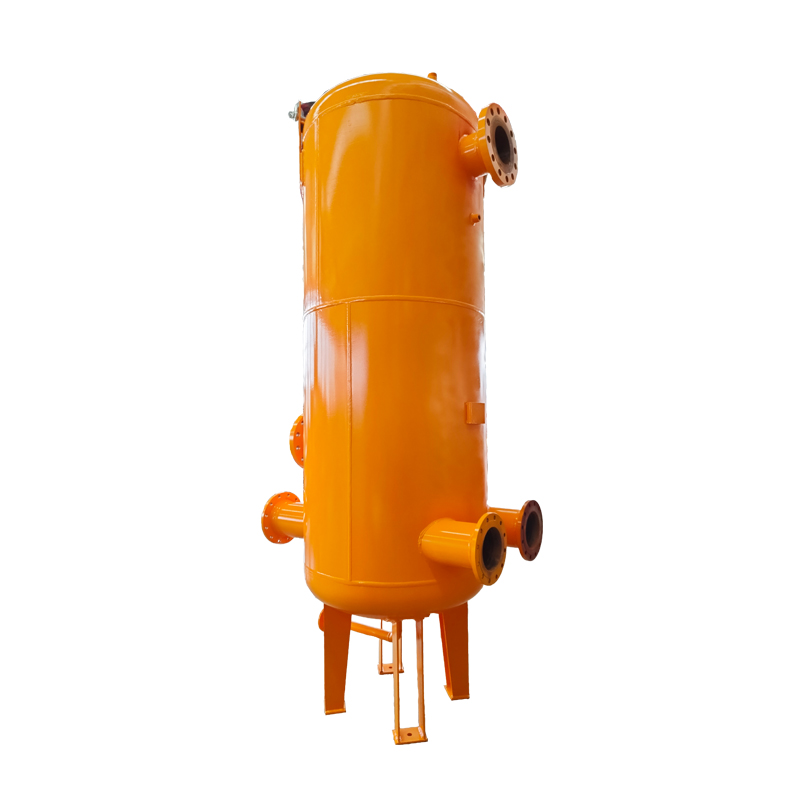
Dec . 04, 2024 18:46
Back to list
natural gas filter
The Importance of Natural Gas Filters in Modern Energy Systems
Natural gas has emerged as a vital component of the global energy landscape, providing a cleaner alternative to coal and oil. Its versatility enables usage across various sectors, including heating, electricity generation, and transportation. However, the presence of impurities in natural gas can cause an array of operational problems and environmental concerns. This is where natural gas filters play a critical role in ensuring the quality and safety of this essential resource.
Understanding Natural Gas and Its Impurities
Natural gas is primarily composed of methane (CH4), but it often contains several impurities, including water vapor, hydrogen sulfide (H2S), carbon dioxide (CO2), particulate matter, and mercaptans. These contaminants can originate from the extraction process, transmission pipelines, and even from the geological formations where the gas is stored. Before natural gas can be used for commercial and industrial applications, it must undergo purification to remove these undesirable substances.
The Role of Natural Gas Filters
Natural gas filters serve as the first line of defense in the purification process. They are designed to capture and remove contaminants, which can otherwise lead to equipment malfunction, increased operational costs, and potential hazards. Filters come in various types, including coalescing filters, particulate filters, and activated carbon filters, each targeting specific impurities.
1. Coalescing Filters These are used primarily to remove water and liquid hydrocarbon contaminants. They operate by combining tiny water droplets into larger droplets that can be easily drained away. Removing water is crucial, as it can cause corrosion in pipelines and equipment, leading to operational failures and safety issues.
2. Particulate Filters These filters trap solid particles, dust, and other particulates that may be present in the natural gas stream. By ensuring that gas is free from solid impurities, these filters help prevent wear and tear on downstream equipment, such as compressors and turbines, which can be significantly affected by abrasive particles.
3. Activated Carbon Filters Designed to eliminate sulfur compounds and other volatile organic compounds, activated carbon filters utilize the extensive surface area of activated carbon to adsorb impurities effectively. This is particularly important in meeting stringent regulatory requirements regarding emissions and air quality.
Benefits of Implementing Natural Gas Filters
natural gas filter

The implementation of natural gas filters offers numerous benefits
- Enhanced Equipment Longevity By removing harmful impurities from the gas, filters reduce wear and extend the life of critical equipment, leading to lower maintenance costs and the avoidance of costly downtime.
- Improved Safety Standards Contaminated gas can pose safety risks, including the potential for explosions or toxic exposure. Filters minimize these risks by ensuring that gas is clean and safe for use, thereby protecting workers and the surrounding environment.
- Increased Operational Efficiency Clean natural gas burns more efficiently, leading to better energy output and reduced emissions. Filters contribute to overall operational efficiency, helping companies achieve their sustainability goals.
- Regulatory Compliance Many regions have strict regulations regarding air quality and emissions. Implementing proper filtration systems not only helps to comply with these regulations but can also enhance a company’s reputation for environmental responsibility.
Future Trends in Natural Gas Filtration
With the growing emphasis on sustainability and environmental protection, the future of natural gas filters looks promising. Innovations in filtration technology, such as advanced materials and smart filters equipped with sensors, are expected to revolutionize the industry. These innovations will enhance the efficiency and effectiveness of natural gas filtration, allowing for more precise removal of contaminants and better monitoring of filter performance in real time.
Moreover, the shift towards renewable energy sources will also necessitate the continued optimization of natural gas systems. As natural gas remains a bridge fuel in the transition towards cleaner energy, reliable filtration systems will be paramount in ensuring that this important resource can be used safely and effectively.
Conclusion
Natural gas filters are an essential component in the chain of natural gas utilization. Their role in removing impurities not only ensures the safety and longevity of equipment but also enhances operational efficiency and contributes to environmental sustainability. As technological advancements continue to develop, these filters will become even more effective, securing a vital future for natural gas in the global energy landscape.
Next:
Latest news
-
Safety Valve Spring-Loaded Design Overpressure ProtectionNewsJul.25,2025
-
Precision Voltage Regulator AC5 Accuracy Grade PerformanceNewsJul.25,2025
-
Natural Gas Pressure Regulating Skid Industrial Pipeline ApplicationsNewsJul.25,2025
-
Natural Gas Filter Stainless Steel Mesh Element DesignNewsJul.25,2025
-
Gas Pressure Regulator Valve Direct-Acting Spring-Loaded DesignNewsJul.25,2025
-
Decompression Equipment Multi-Stage Heat Exchange System DesignNewsJul.25,2025

